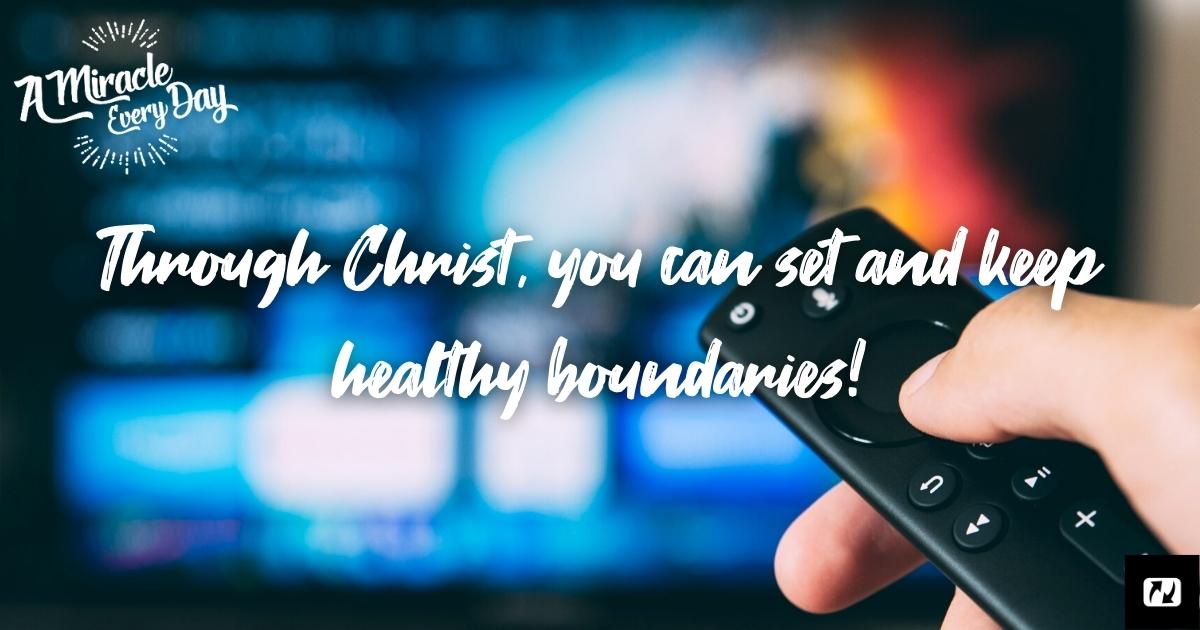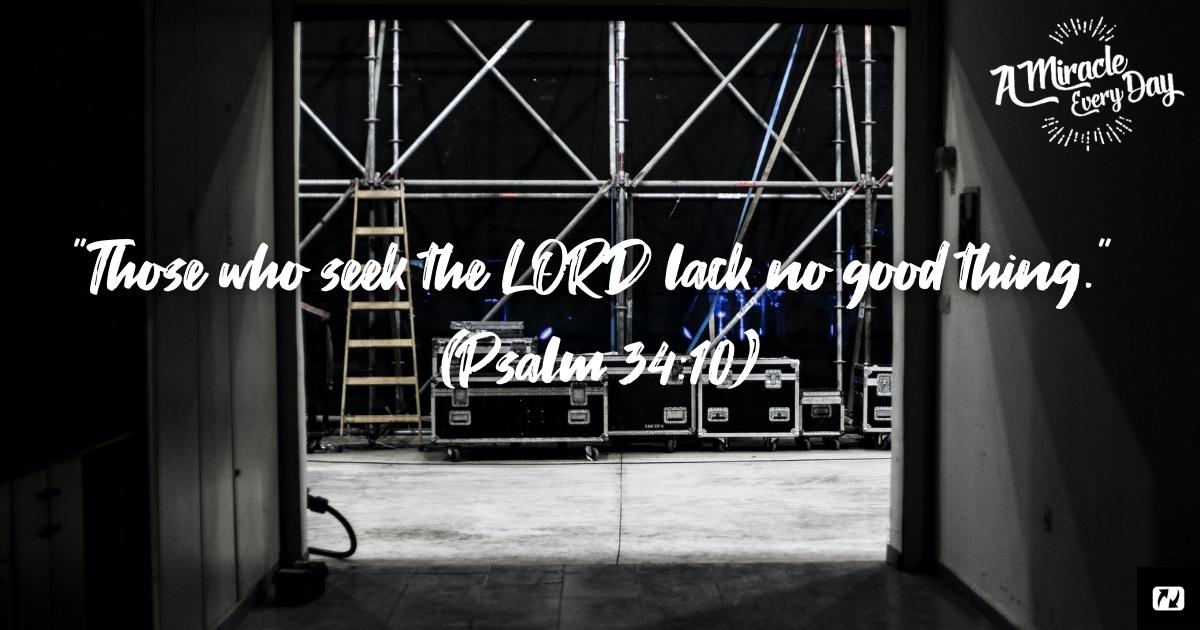2 Corinthians 12
7or because of these surpassingly great revelations. Therefore, in order to keep me from becoming conceited, I was given a thorn in my flesh, a messenger of Satan, to torment me.
Job 6
4The arrows of the Almighty are in me,
my spirit drinks in their poison;
God’s terrors are marshaled against me.
Genesis 39
2The Lord was with Joseph so that he prospered, and he lived in the house of his Egyptian master.
3When his master saw that the Lord was with him and that the Lord gave him success in everything he did,
21the Lord was with him; he showed him kindness and granted him favor in the eyes of the prison warden.
22So the warden put Joseph in charge of all those held in the prison, and he was made responsible for all that was done there.
23The warden paid no attention to anything under Joseph’s care, because the Lord was with Joseph and gave him success in whatever he did.
Genesis 45
4Then Joseph said to his brothers, “Come close to me.” When they had done so, he said, “I am your brother Joseph, the one you sold into Egypt!
5And now, do not be distressed and do not be angry with yourselves for selling me here, because it was to save lives that God sent me ahead of you.
6For two years now there has been famine in the land, and for the next five years there will be no plowing and reaping.
7But God sent me ahead of you to preserve for you a remnant on earth and to save your lives by a great deliverance.
8“So then, it was not you who sent me here, but God. He made me father to Pharaoh, lord of his entire household and ruler of all Egypt.
Genesis 50
19But Joseph said to them, “Don’t be afraid. Am I in the place of God?
20You intended to harm me, but God intended it for good to accomplish what is now being done, the saving of many lives.
Unwanted Gifts
Have you received gifts at Christmas time, or on your birthday, that you don’t need or don’t like? You’re thankful for the kind thought but the gift is not something you want, and you don’t know what to do with it.
Paul’s unwanted gift was a painful thorn to keep him from plunging into pride. Therefore, in order to keep me from becoming conceited, I was given a thorn in my flesh (2 Cor. 12:7). Who gave him that thorn? The subject isn’t mentioned. The tense of the verb is passive. Something is being done to Paul. Putting verse 7 into context, it is almost certainly God who is gifting the thorn. In verses 1-6, Paul talks about visions he received from the Lord 14 years ago. God carried Paul up to heaven and it is this same God that gave Paul his thorn.
Yet it’s more complex than that. Satan is involved as we will see in the next devotional. The thorn or spear is delivered by a messenger of Satan. This messenger or angel of Satan is wounding Paul, and in the process, tormenting him. The biblical narrative about Job gives us a glimpse into a cosmic dimension in human suffering. God permits Satan to go so far, but no further. The Book of Job is a brilliant way of teaching that nothing happens outside God’s plan. God doesn’t will evil things. He always works for the good of his followers, even when they experience painful thorns, or what Job calls the arrows of the Almighty (Job 6:4).
The overarching theme of Scripture is that God is sovereign. He is in complete control of everything, the good and the bad. Nothing blindsides him. For example, the extended story about Joseph in Genesis 37-50 underlines that. It’s as if Joseph stumbles from one hurtful experience into another. Just when things seem to be going well for him, something even worse happens. Yet the recurring phrase in those chapters is that the LORD was with Joseph (Genesis 39).
Toward the end of his life, Joseph was given clarity on what was really happening when he hit trough after trough of human suffering. To his hurtful brothers, he said, You intended to harm me, but God intended it for good to accomplish what is now being done, the saving of many lives (Genesis 50:19, 20). He said, in effect, “This was God, not just you. I know you wanted to hurt me, and you did. But God was working everything out for our family and the good of the whole nation. He is the sovereign architect.”
Here are three things to reflect on as you wrestle with this mystery. First, if you are experiencing the blowtorch of suffering right now, resist trying to unravel why God has sovereignly allowed this to happen. Second, in the spirit of the Psalms of Lament, come to God with your questions. Lay them out before him. Be bold. Be honest. Third, if by faith you can, say to God, “I receive this as a gift from you. It wouldn’t be my choice. I don’t understand it now, but I accept it.”
Impossible? In many ways it is. Yet listen to God’s whisper: “My grace is sufficient for you. My power is made perfect in your perplexity. My strength is available, even though this gift is the last thing you ever wanted.”
Write out or verbalize a prayer in response to these unwanted gifts.
We would like to thank Gracecity Church for providing this plan.






